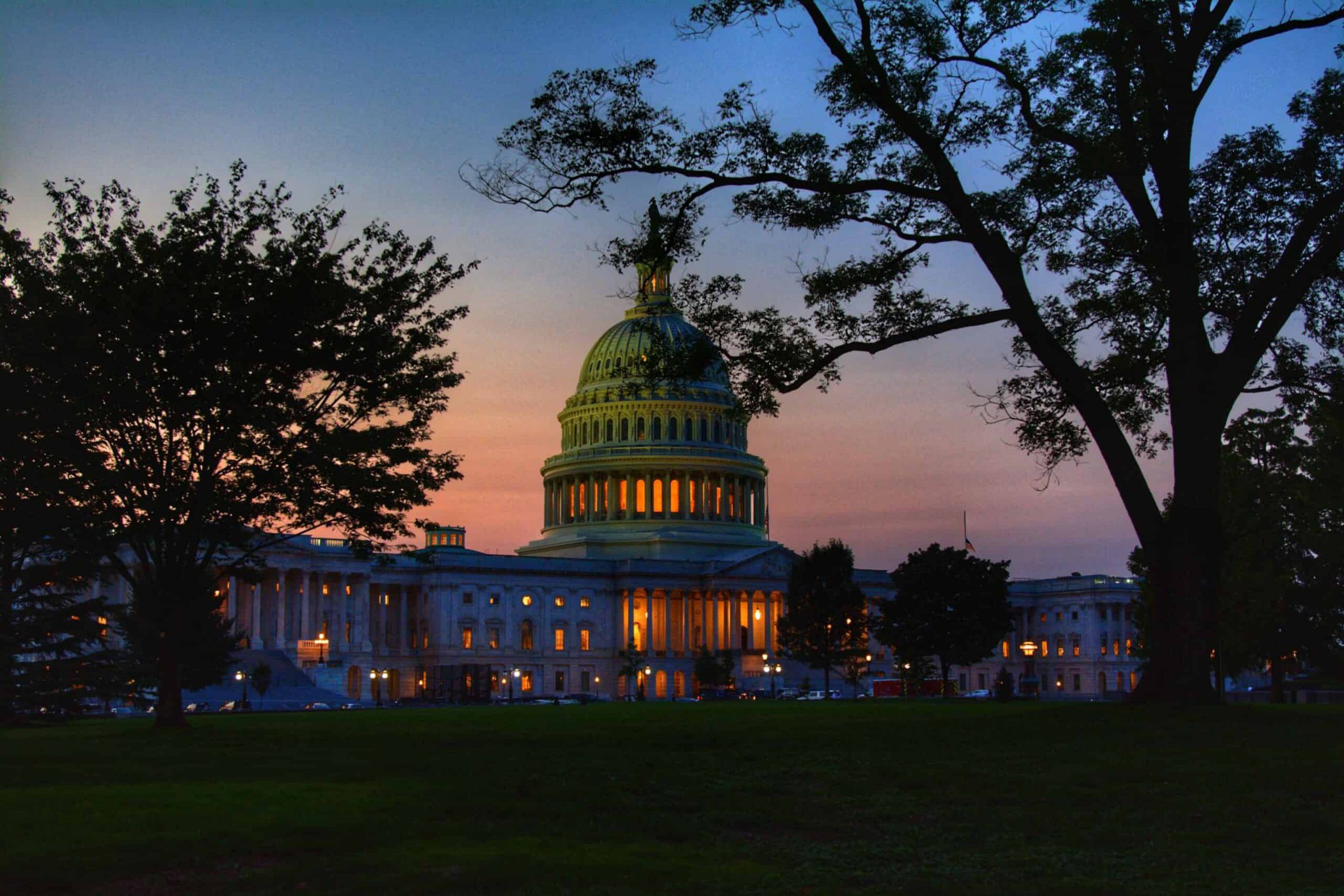
Lewit Gemeda is a student at Harvard Law School.
In today’s News and Commentary, Congress’ efforts to address exploitation of migrant children have stalled, Bernie Sanders shares his plan for a $17 federal minimum wage, and California is working to address worker exploitation in the cannabis industry.
Initial reports that migrant children were being exploited for cheap labor across the U.S drew bipartisan outrage and calls for legislative action. However, that momentum seems to have stalled over the last few weeks as the issue has become entangled in the fight over immigration policy. Democrats’ attempts to increase the funding for federal agencies so they can provide support for migrant children who are crossing the border alone has been met with resistance in the House; And, even seemingly uncontroversial, legislation that is seeking to enhance the penalties companies face for using child labor has gained little traction. Simultaneously, Republican efforts to enhance the vetting of households sponsoring migrant children and hasten the removal of unaccompanied minors has limited chance of success in the Senate. Instead, both parties appear to be as a standstill as child labor has become entangled with politics and policy over the border.
Next, Senator Bernie Sanders shared a proposal for increasing the federal minimum wage to $17 an hour. The Senator argues that the inflation Americans have been facing over the last two years makes it necessary for the government to implement this higher wage: “As a result of inflation, $15 an hour back in 2021 would be over $17 an hour today… In the year 2023, in the richest country in the history of the world, nobody should be forced to work for starvation wages.” Senator Sanders intends to introduce the formal legislation that would raise the minimum wage to $17 an hour over the next five years this week. The $17 proposal is $2 higher than the $15 minimum wage that President Biden and many Democrats have coalesced around in recent years. The current federal minimum wage is $7.25 an hour because Congress has not approved an increase since 2009. While many states have worked independently to raise their minimum wage, $7.25 an hour remains the standard in 20 states.
Lastly, after reports on the mistreatment of workers in California’s cannabis industry, the state has created a team that will fight labor exploitation in the growing industry. A new unit within the Department of Cannabis Control has recently solicited help from statewide law enforcement agencies to investigate cannabis employers who coerce or threaten works, subject them to hazardous conditions, and deny or withhold pay. The new unit will also create a “central repository” of cannabis-related human trafficking investigations.






Daily News & Commentary
Start your day with our roundup of the latest labor developments. See all
February 18
A ruling against forced labor in CO prisons; business coalition lacks standing to challenge captive audience ban; labor unions to participate in rent strike in MN
February 17
San Francisco teachers’ strike ends; EEOC releases new guidance on telework; NFL must litigate discrimination and retaliation claims.
February 16
BLS releases jobs data; ILO hosts conference on child labor.
February 15
The Office of Personnel Management directs federal agencies to terminate their collective bargaining agreements, and Indian farmworkers engage in a one-day strike to protest a trade deal with the United States.
February 13
Sex workers in Nevada fight to become the nation’s first to unionize; industry groups push NLRB to establish a more business-friendly test for independent contractor status; and UFCW launches an anti-AI price setting in grocery store campaign.
February 12
Teamsters sue UPS over buyout program; flight attendants and pilots call for leadership change at American Airlines; and Argentina considers major labor reforms despite forceful opposition.